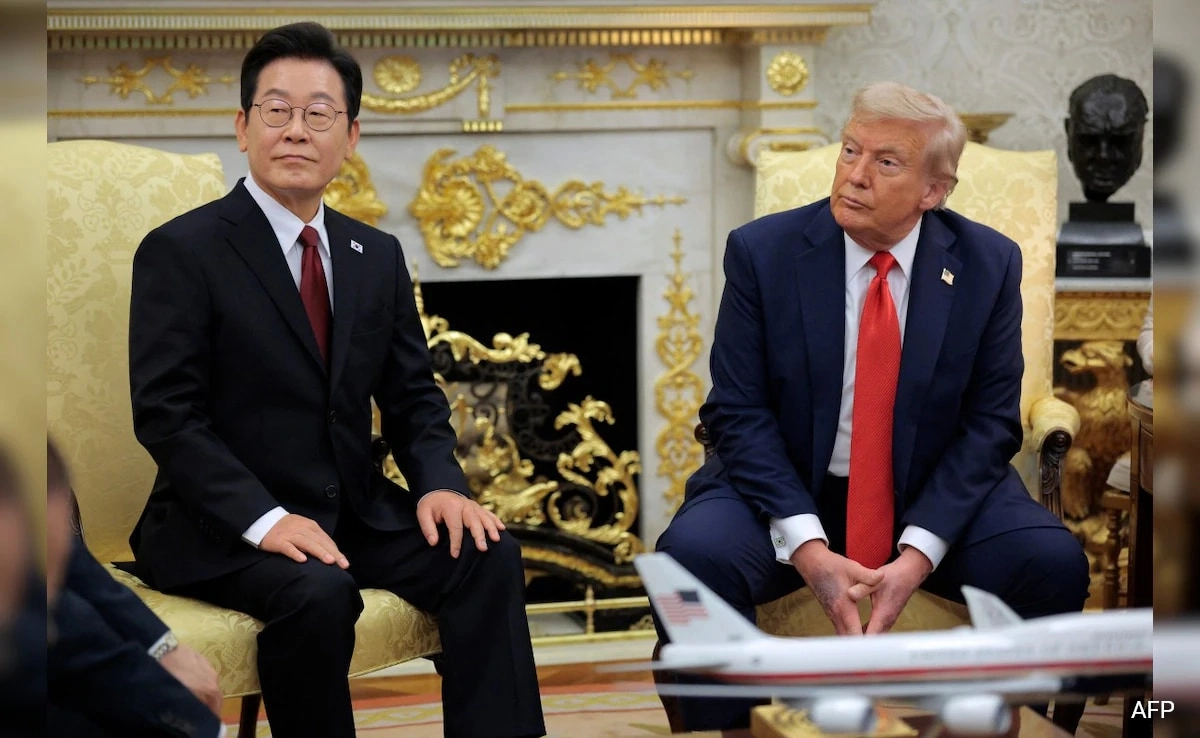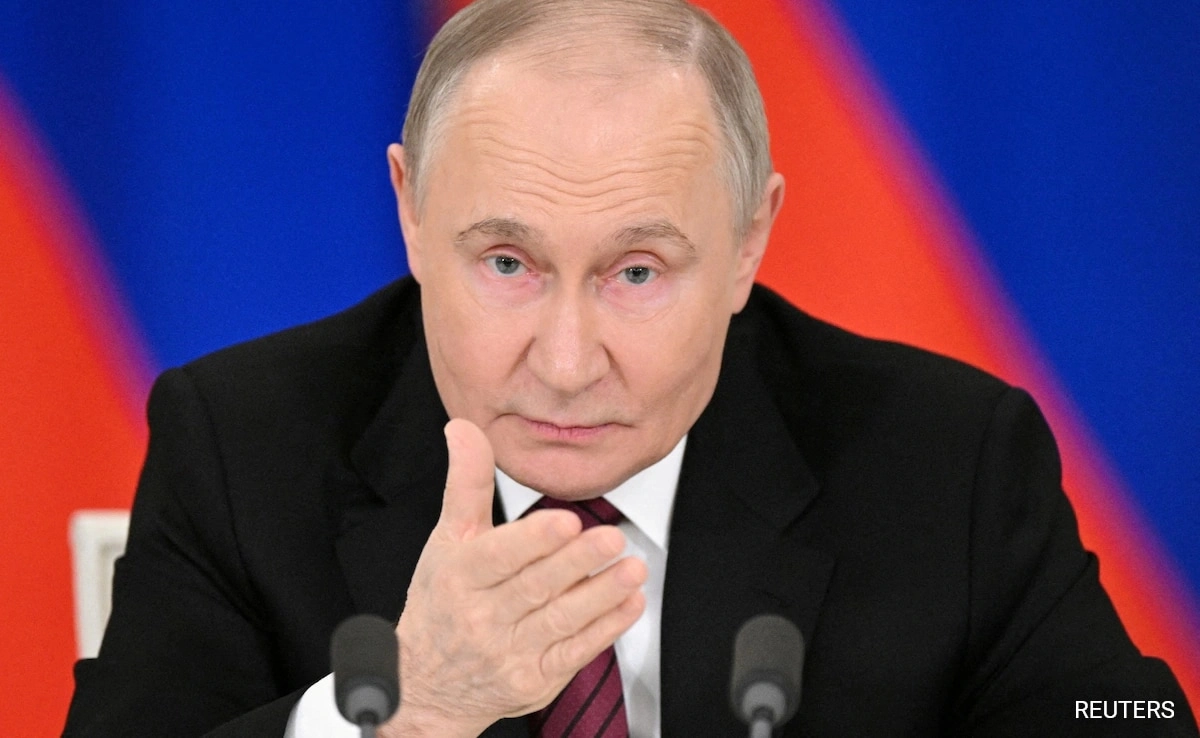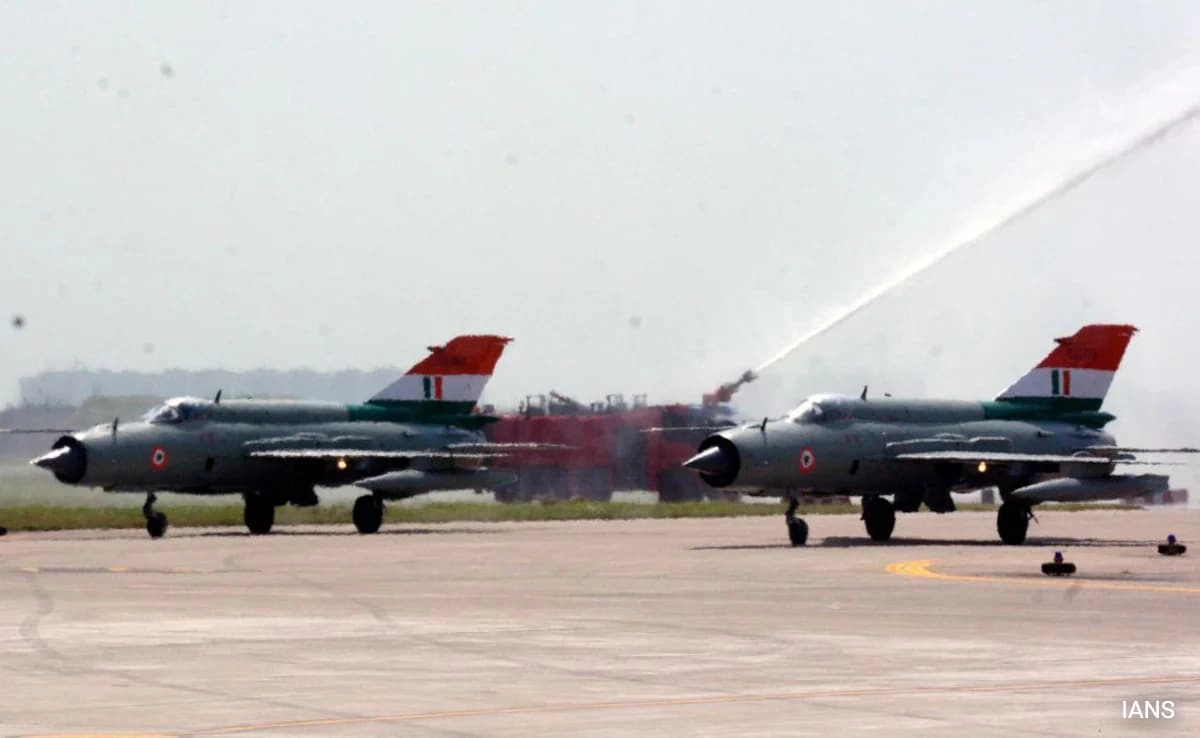During a recent meeting with the President of South Korea, Donald Trump expressed his admiration for North Korean leader Kim Jong Un, a sentiment that has been a recurring theme throughout his presidency. Trump’s praises for Kim have raised eyebrows, particularly given the longstanding tensions between North and South Korea. The meeting aimed to discuss various security and economic issues facing the region, but Trump’s compliments towards Kim were notable and, for some, controversial.
Trump referred to Kim as a “great leader” and emphasized the unique relationship the two have developed since their first summit in 2018. This relationship has been characterized by an unusual level of personal rapport, which Trump believes is crucial for fostering dialogue and diplomacy. He highlighted the progress made in reducing hostilities and the importance of maintaining open lines of communication. While many critics argue that Trump’s praise could undermine diplomatic efforts and embolden Kim’s regime, the former president remained steadfast in his belief that such praise is a necessary component of effective diplomacy.
The dynamics of the meeting underscored the complexities of U.S.-North Korea relations, particularly in the context of South Korea’s security concerns. South Korean officials have often expressed skepticism about Trump’s approach, fearing that his effusive comments might weaken their own position in negotiations with the North. Yet, Trump maintained that engaging with Kim in a positive manner could lead to greater stability in the region. This perspective reflects his broader strategy of attempting to build personal relationships with world leaders, which he believes can yield tangible diplomatic outcomes.
As discussions proceeded, the South Korean president navigated the delicate balance of supporting U.S. efforts while reassuring his own nation’s security interests. The meeting illustrated the intricate web of geopolitical relationships in East Asia, where historical animosities and ongoing tensions continue to shape interactions. Moving forward, the effectiveness of Trump’s approach remains a topic of debate, as both allies and adversaries closely monitor developments on the Korean Peninsula. The outcome of such dialogues will significantly influence the future of peace and stability in the region.




